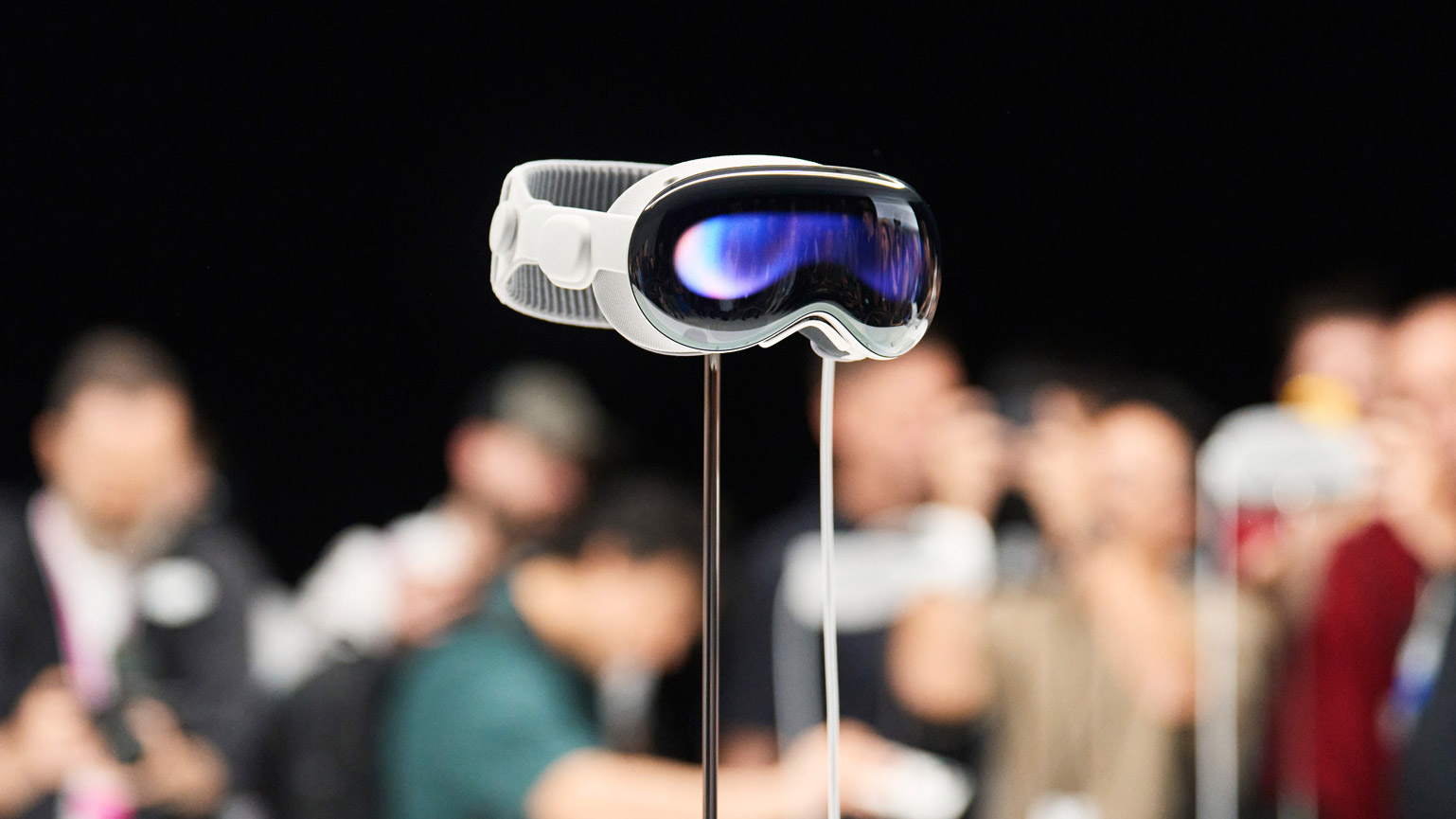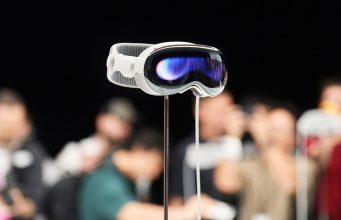
Apple Reportedly Cuts Production Targets for Vision Pro Due to Manufacturing Complexity – Tech Live Trends

Apple has allegedly slashed production targets for Vision Pro due to manufacturing issues related to the mixed reality headset’s complex design, a Financial Times report maintains.
Unveiled during Apple’s Worldwide Developer Conference (WWDC) in early June, the $3,500 Vision Pro represents the first big step into XR for the company. Launching sometime next year, Vision Pro is a high-end headset that combines virtual reality displays with color passthrough cameras, allowing it to do both VR and AR tasks.
Apple’s China-based contract manufacturer Luxshare, allegedly the sole assembler of the device, is now preparing to make fewer than 400,000 units of Vision Pro in 2024, according to the report, which cites “multiple people with direct knowledge of the manufacturing process,” including sources close to Apple and Luxshare.
Supply chain rumors also allege that two of Apple’s China-based component suppliers only have enough parts to produce around 130,000 to 150,000 Vision Pro units in the first year. It was previously thought Apple was operating with an internal 12-month sales target of one million units.
Manufacturing complications apparently hinge on Vision Pro’s micro-OLED displays and outward-facing, curved lenticular display, the latter of which allows a sort of digital passthrough view of the user’s eyes.
In our hands-on, we noted Vision Pro packed top of its class lenses and displays, something Apple says is “more than a 4K TV for each eye.”
The company is reportedly unhappy with supplier productivity. It’s said the most expensive component is its internal displays, and getting enough of those micro-OLEDs to be defect-free has purportedly been a significant hurdle. Additionally, Financial Times reports the micro-OLED displays used in the headsets demoed to press at its June launch were supplied by Sony and the chipmaker TSMC.
Meanwhile, Apple is said to be working with Samsung and LG on a second-gen version of the headset, which will be reportedly cheaper than the first, which is launching sometime in 2024 for $3,500.


